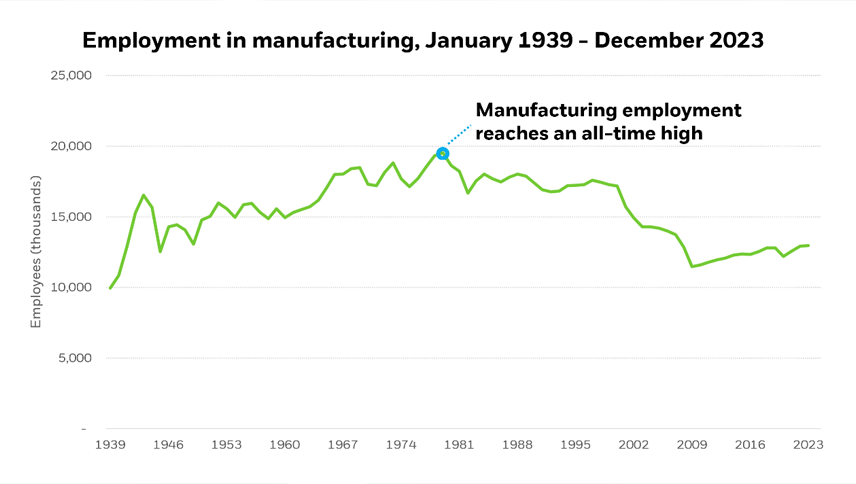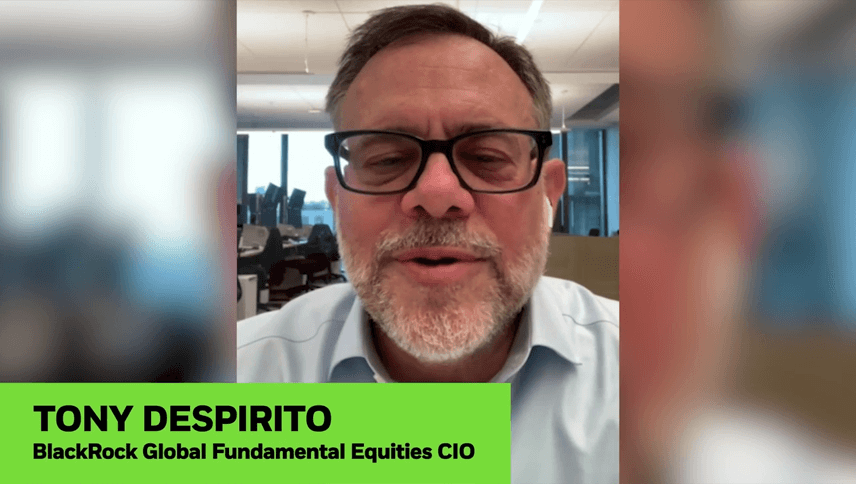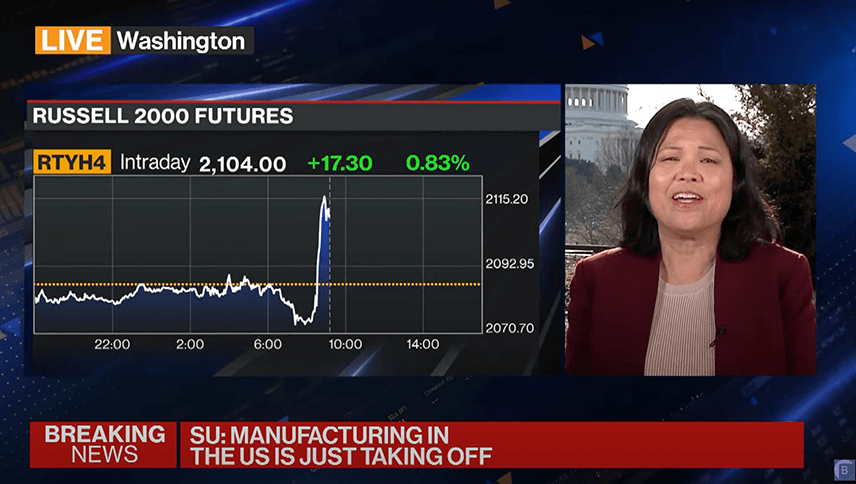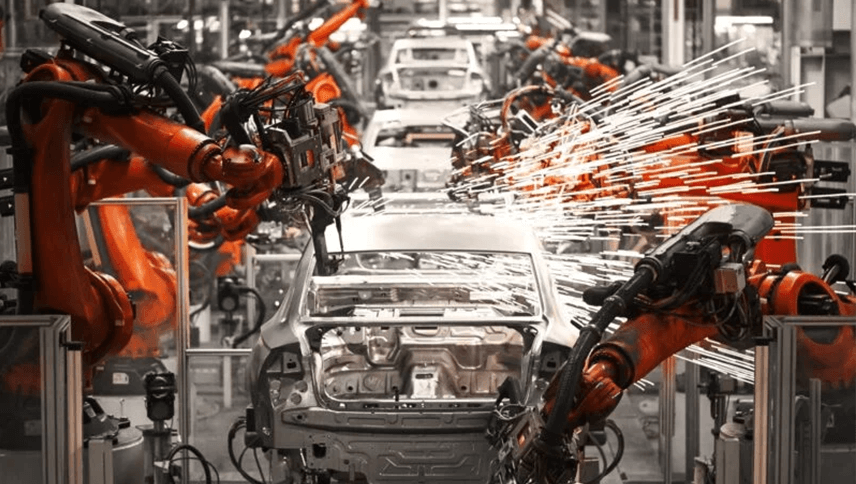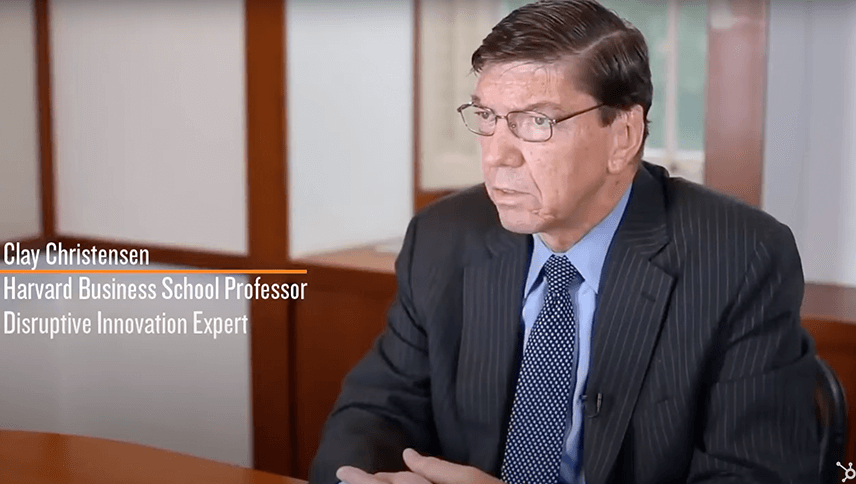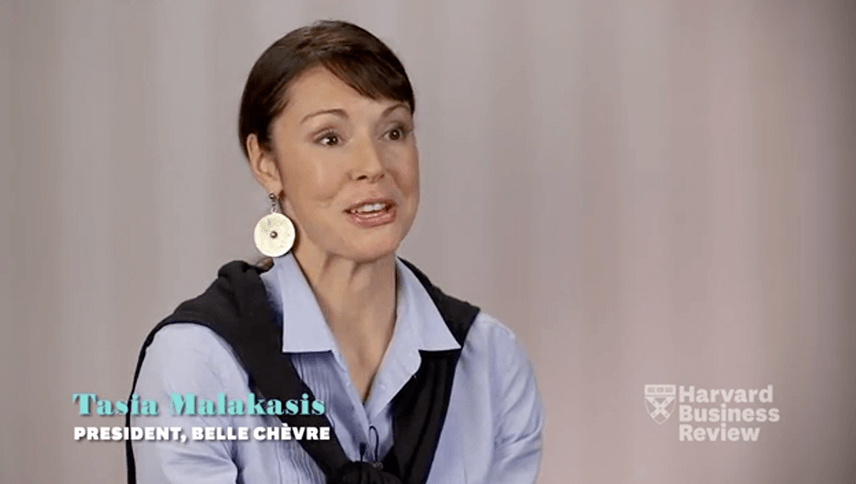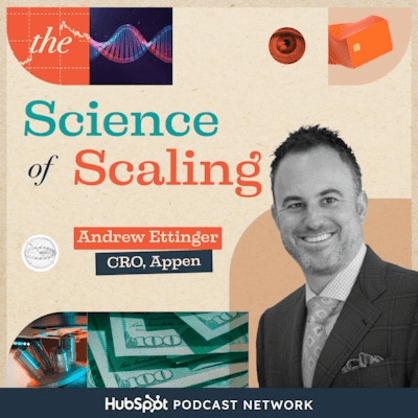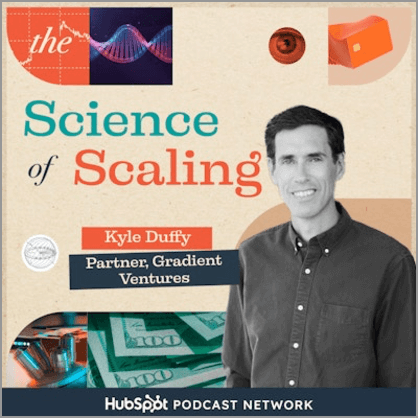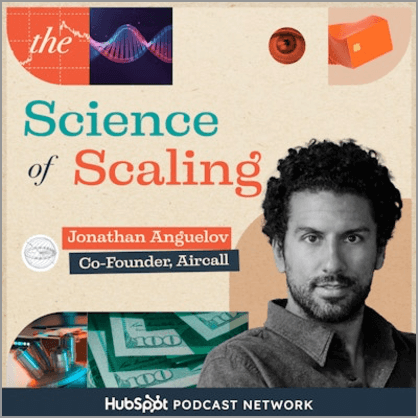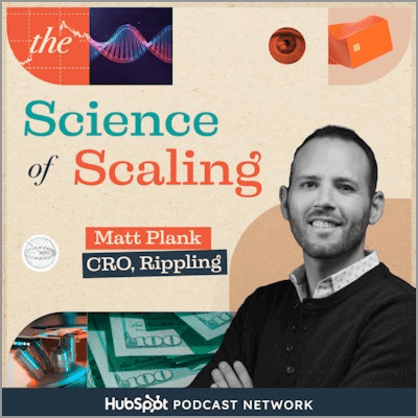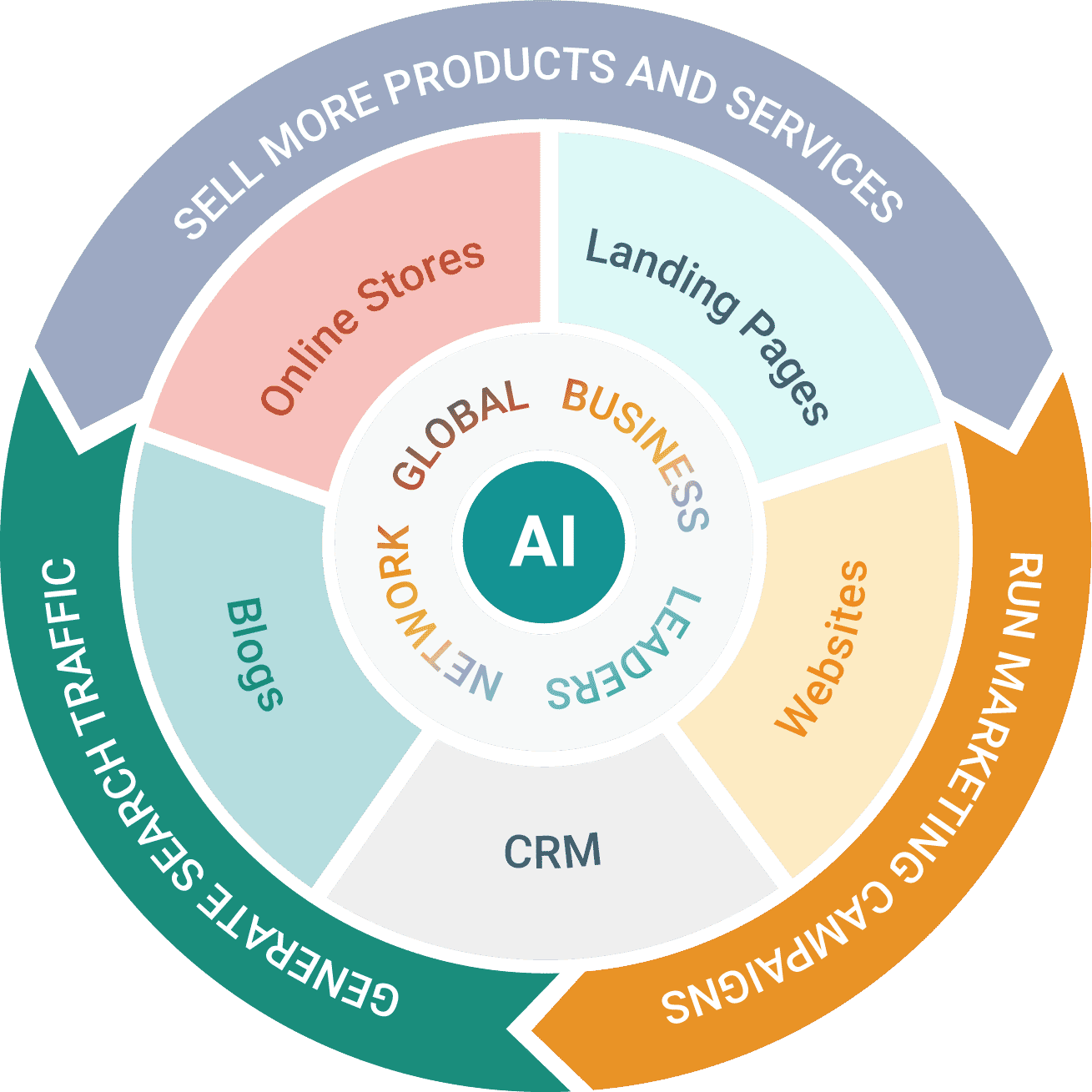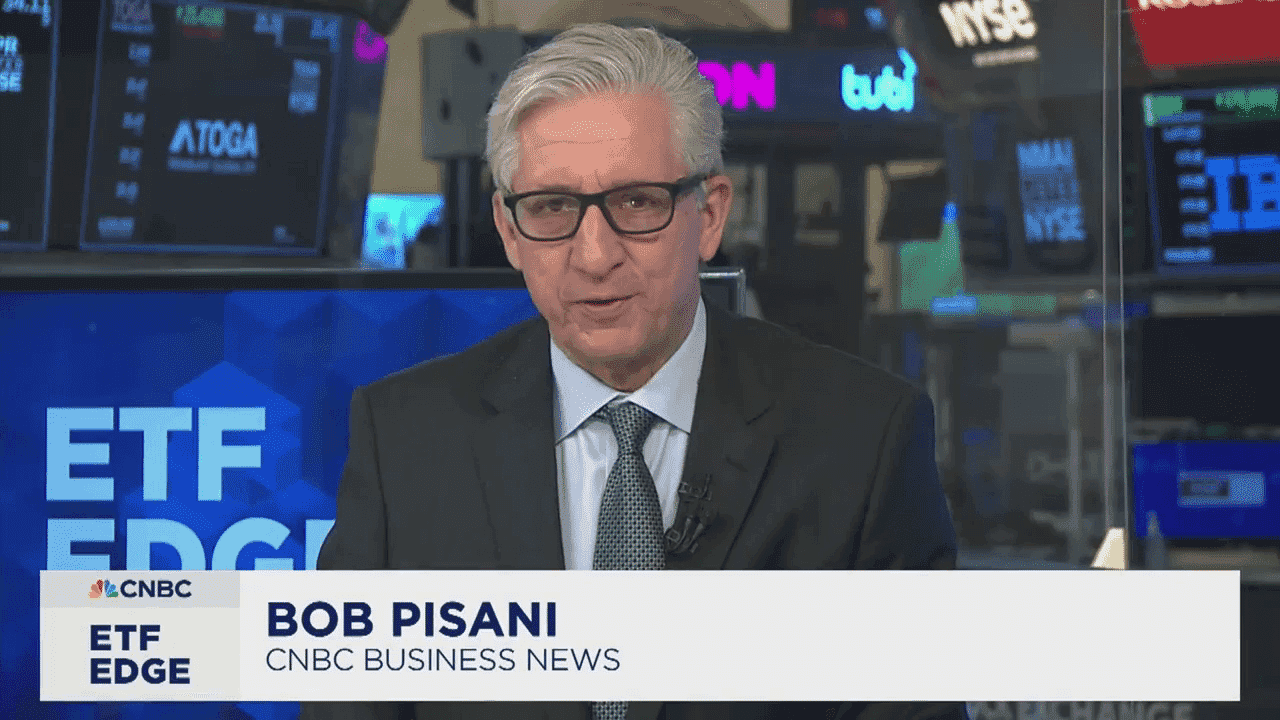
This is a modal window.
‘Early innings’ of a U.S. manufacturing boom: Tema ETFs CEO delivers bull case for industrials
CNBC
By Emily Glass
Jul 3 2024
Bob Pisani: Tariffs and bringing back more jobs to the United States is a central issue in the upcoming presidential debates, and not surprisingly, there’s ETFs for that. That’s why we’re here. Let’s talk to a couple of people in charge of them. Maurice Pott is CEO and founder of Tema, an investment management company that runs the American reshoring ETF, the symbols are S H O, which invests in industrial and infrastructure companies at the heart of the American manufacturing and re industrialization boom.
Also joining us here at the N. Y. S. C., Todd Sohn, ETF and technical strategist for Strategus. Maritz, tell us a little bit about what’s in this ETF and how is the election driving this particular theme? Reshoring.
Maurits Pot: Thanks, Paul, for having me on the show today. So a really good question. The reshoring ETF, investing companies at the heart of the reindustrialization.
Companies bring back jobs, bring back manufacturing, bring back innovation, and ultimately also driving the re infrastructure spend in the U. S. You’re seeing infrastructure spend at a 30 year high, and that infrastructure spend is required to enable people to invest in manufacturing. You’re not going to invest billions in a plant if you’re not comfortable that there’s infrastructure to support that plant development, also the, the, the manufacturing that comes out of the plant.
So this is a big trend. Some would call it deglobalization. When the early innings Regulation and bills such as the CHIPS Act, IRA Act have helped this, but really at the heart of it is job creation, manufacturing and reshoring, bringing back local manufacturing jobs.
Bob Pisani: So I’m looking at your top picks here.
Applied Industrial Technologies and Eaton are the two top ones. How are they going to benefit from reshoring?
Maurits Pot: So Applied Industrial Automation is really focused on the automation part. So we think this wave of industrialization is actually going to be a lot cleaner than previous industrialization. It’s going to be focused on efficiency.
It’s going to be focused on automation and also a degree of sustainability. When you think about Eaton, Eaton is the heart of the electrification space. Distributing, installing, providing electricity. Electricity demand is going up as manufacturing goes up. We see this as a structural growth opportunity.
The CEO of Eaton mentioned that he expects the end market to grow 2x what it did historically. That’s staggering for an industry such as electrification, which has been around for decades.
Bob Pisani: You know, Todd, we, uh, you and I talk about these thematic ETFs. We have seen these thematic ETFs come and go over the years.
Uh, here we have one that seems relevant. Reassuring, does this one have any staying power?
Todd sohn: So, I’ll give you a stat. The industrial sector 30 years ago was 16 percent of the S& P 500. It’s been cut in half since. It’s only 8 percent now. It’s roughly the size of Microsoft. And so if I’m going to play the industrials in a thematic way, I like the route of going active, right?
And a more concentrated, perhaps sustainable theme, like Moritz is talking about here. So I do think there is staying power here as opposed to some of the fads we’ve seen in thematic space, particularly those. That are a little bit more tech and growth oriented. If I wanted tech and growth exposure, I’d just get that from the QQQ or the S& P 500.
So, I like the idea of going the industrial route for thematic overall.
Bob Pisani: Part of the problem, and you and I have talked about this, part of the problem is it’s difficult to get concentration in the theme, folks. So we’re dealing with reassuring. So, for example, Eaton, for example, has moved up last year and this year, largely because power supplies is a big factor in AI and in data centers.
That’s a different theme, though, than, than reshoring. See, that’s the problem I have. How do you get the concentration in reshoring when Eaton is a really, a big story? It’s partly reshoring, but there’s other things going on here.
Todd sohn: Yeah, yeah, I think ultimately it’s up to the manager, right? Do they feel that, a stock like Eaton or any of these other mid cap industrials can fit into this reshoring thing.
The common investor is going to have no idea what many of these perhaps flyover industrial stocks, and I say flyover because they’re probably based in the Midwest, what they do, right? They’re focused on big tech. So you need that expertise in the ETF wrapper to help find the winning stocks and concentrate on that exposure.
Bob Pisani: Maureen, you and I had talked before this when I was chatting you about it, and it seems like there are Advantages and disadvantages to onshoring. We had talked about some of the benefits here to onshoring. Greater control over production, reducing supply chain risk, lower transportation costs. It seems that there are obvious benefits here.
Um, to what extent today are we actually seeing any of these benefits actually occurring?
Maurits Pot: We still think we’re in the early stages of the benefits being seen. So about 70 percent of American manufacturers reported being involved in reshoring. 95 percent of those report a positive experience with Rishoren so far.
So we’re still in the early years of what we think is going to be a multi decade trend. Especially given the deficit that has certainly built up in the country in the infrastructure manufacturing space. So we don’t think that the, we’re not concerned about runway. We’re concerned about finding the right companies, managing them the right ways.
Focusing on sectors that we think are structurally going to benefit from this big trend.
Bob Pisani: And yet, uh, Todd, I see obvious disadvantages here. First off, this is de globalization, essentially. Globalization, no matter what any of you thought about, had a lot of benefits. Concentration of supply chain, reduced inflation, uh, increased overall efficiency.
Um, uh, we could potentially have higher labor costs as a result of this. Um, we could have a higher upfront investment cost. Um, we obviously gonna have some supply chain disruption. Well, that was a big issue during covid, of course, uh, and reduced economy of scales and potentially higher inflation. So I’m not denying what he’s saying.
And I understand that there are national security issues, for example, around some on shoring firm on shoring industries like pharmaceuticals or semiconductors. But this is the globalization and there are downsides to this right now.
Todd sohn: I think the risk is this brings back inflation in a really bad way, right?
You met, you mentioned inflation and what the after effects of this could be. I don’t think many investors and many just common Americans don’t want to go through what we experienced in 2022 when you had inflation go up to 9%, uh, year over year, right? That’s going to have really bad effects on investor psychology and even on just human beings in general, right?
It’s the most regressive form of tax. that there is, is what inflation does. So, um, I’m not quite there on that, on what these effects may be. Ultimately, we don’t know, but I think if there’s a big risk for investors out there, it’s that inflation comes back and you’re going to have to readjust your portfolio for those types of exposures and what can handle that.
Bob Pisani: Right. And you don’t deny that, right? You, you, you didn’t know what we’re talking about. We talk about this is de globalization and there is a downside to de globalization.
Maurits Pot: And not all companies will participate in this, but there are a number of companies that realize they’d rather take even at a slightly lower margin.
Especially given the experience that they’ve gone with supply chain dislocation. And also the cost benefits that they saw in some countries 20, 30 years ago are just not there in the same way they were before. When you trade off price and security, security becomes an increasingly important factor in the overall equation.
Bob Pisani: Yeah. That’s sort of the way I feel about it too. I, uh, uh, I’m a big proponent of globalization, but we saw the national security risks here of things like being held hostages to, you know, Companies over pharmaceuticals or lithium production or semiconductor production. It is a national security issue So unfortunately, we’re just gonna have to deal with it.
I guess just to wrap this up here Why not just a general fund your point about just own XLI, which is the S& P industrial fund. It’s not specialized enough Is that yeah,
Todd sohn: I think I think you buy a theme ETF like this to diversify away from big cap tech and mega cap growth right You have immense exposure in those types of funds.
And then the XOI really does have a diversification problem, right? The top three weights are only about 10 12 percent of that index. There’s no big heavyweights to move around that index. So if I’m going to play industrials at this point, I’d rather focus on a sustainable scenario, perhaps it’s reshoring.
Rather than trying to aim for machinery, industrial, uh, aerospace and defense, professional services.
Bob Pisani: It’s funny you’re arguing for active, concentrated, Kathy Wood fine stuff versus the old, you know, state, state with market cap weighted.
Todd sohn: I like it as a, an additional portfolio and not as much rocket fuel that high beta growth might have.
It’s an interesting argument.
Bob Pisani: I haven’t seen you made this argument before. And obviously you’re in that space. So you believe active is the way to go with this?
Maurits Pot: Well, I think to identify the beneficiaries of reshoring, you can’t necessarily take an index approach and also not all companies are going to benefit from this equally.
So at Grants, you need to manage risk. You need to identify the winners. And we think we believe that this is something that the flexibility of the active allows you to do coupled with the experience of the people who run our strategy. That’s critical.
‘Early innings’ of a U.S. manufacturing boom: Tema ETFs CEO delivers bull case for industrials
One exchange-traded fund is betting on a U.S. manufacturing job resurgence.
Tema ETFs CEO and founder Maurits Pot is behind the American Reshoring ETF (RSHO) that focuses on industrials.
“Some will call it deglobalization. We’re in the early innings,” Pot told CNBC’s “ETF Edge” this week. “At the heart of it is job creation, manufacturing and reshoring — bringing back local manufacturing jobs.”
Pot’s firm launched the American Reshoring ETF in May 2023. Since its inception, the exchange-traded fund is up almost 37% as of Wednesday’s close.
Despite the strong performance, “ETF Edge” host Bob Pisani contends ETFs built around a theme often come and go.
However, Strategas’ Todd Sohn, who tracks the ETF industry, thinks investing in U.S. manufacturing is a sound strategy. He points to the industrial sector’s
runway for growth after a vast reduction in size over the past three decades.
“If I am going to play the industrials in a thematic way, I like the route of going active,” the firm’s managing director said. “I do think there is staying power here as opposed to some of the fads we’ve seen in the thematic space — particularly those that are a little more tech and growth oriented.”
The American Reshoring ETF is underperforming the broader market over the past three months, falling more than 4%.
Source: https://www.cnbc.com/2024/07/03/early-innings-of-a-us-manufacturing-boom-tema-etfs-ceo-.html

